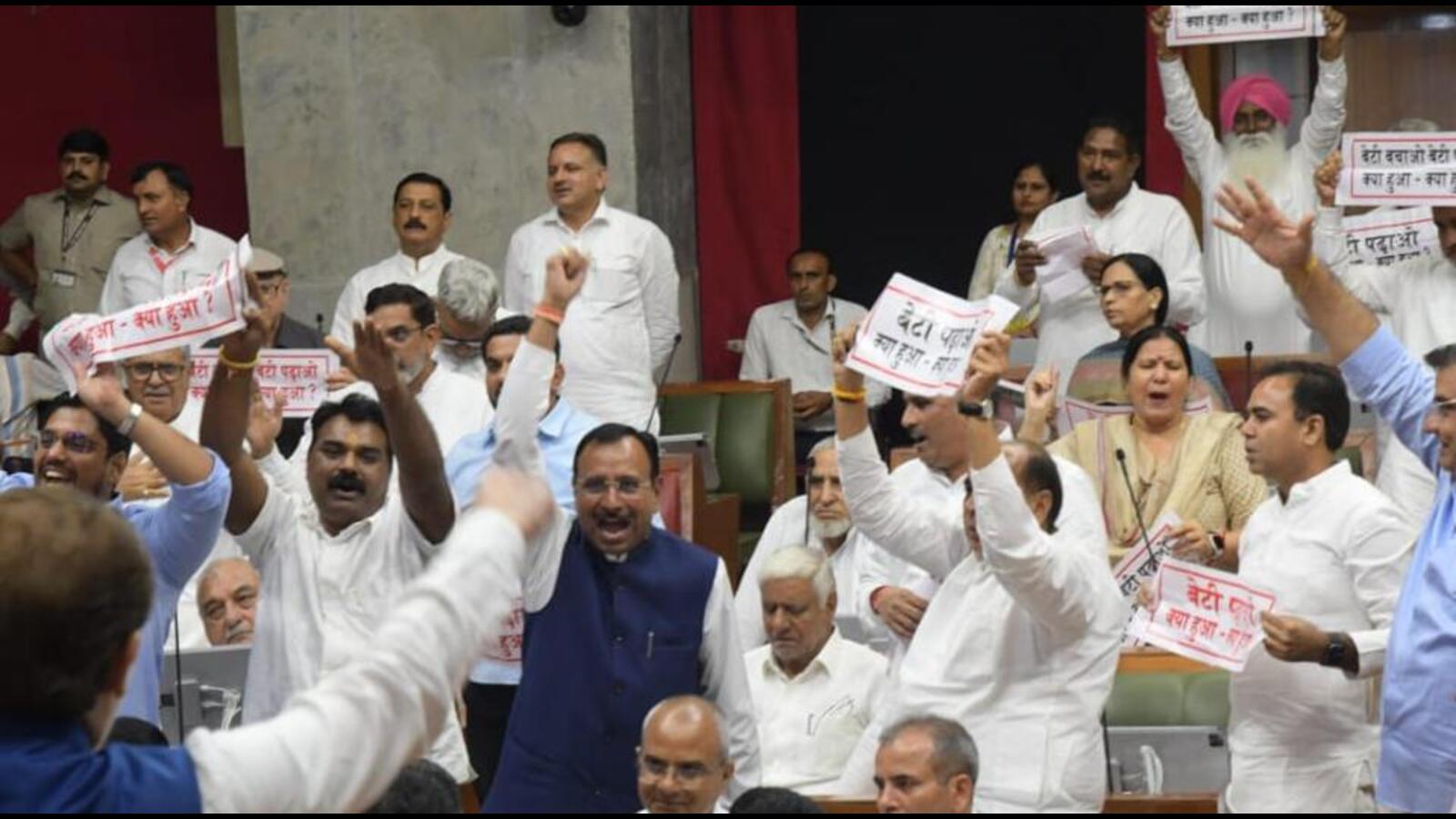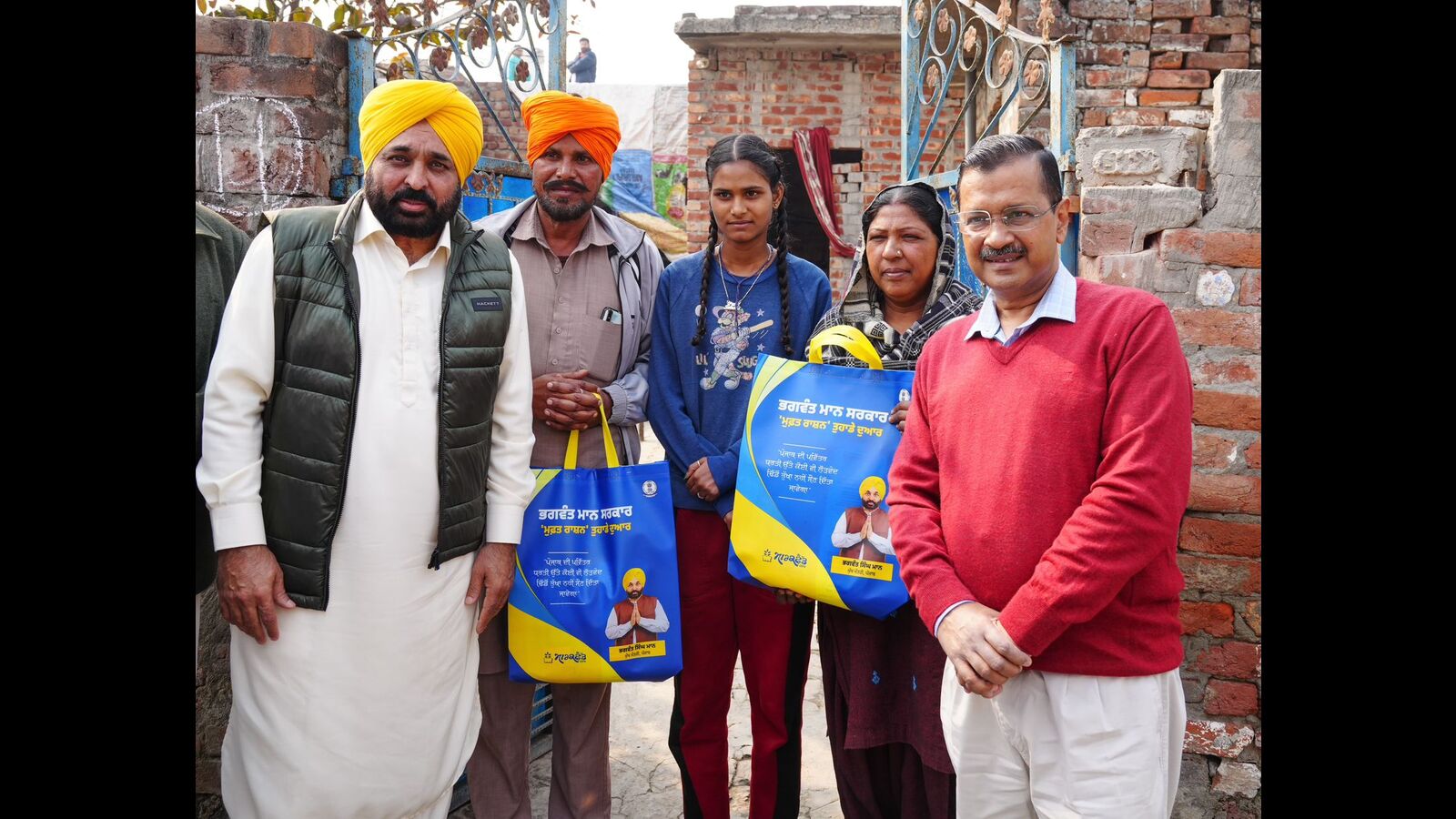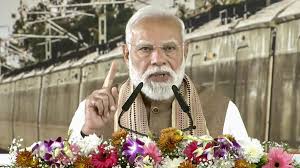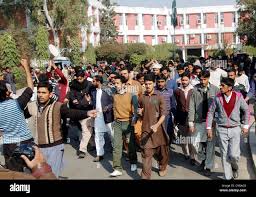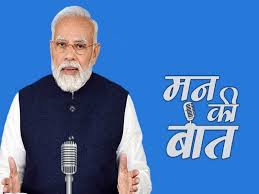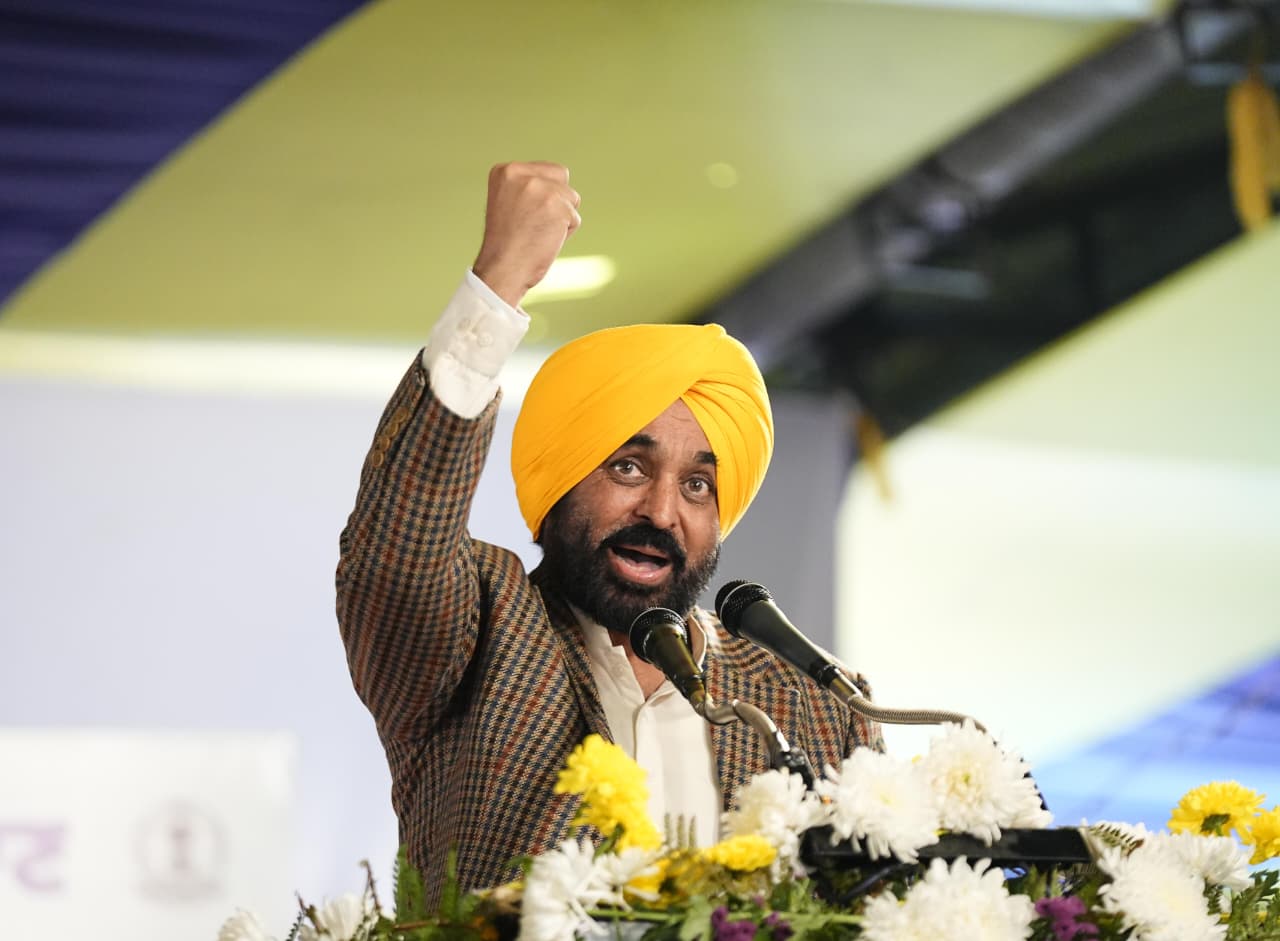Listen To This Post
Chandigarh: Panjab University (PU) turned into a flashpoint of student and farmer unrest on Monday as hundreds of protesters clashed with police while demanding the immediate announcement of the long-pending Senate elections.
The demonstration, led by the Panjab University Bachao Morcha, escalated when students broke through police barricades, scaled university gates, and confronted security personnel. Police resorted to a mild lathi charge to disperse the crowd after several protesters reportedly snatched away canes used for crowd control.
Chanting slogans such as “Go back, Chandigarh Police!”, agitators accused the administration of locking them out of the campus and “suppressing democratic mobilisation.” The protestors were later joined by farmer leaders and activists from the Samyukta Kisan Morcha (SKM) and other organisations who forced their way through barricades erected along the Chandigarh–Mohali border. “We had planned a peaceful protest, but police used unnecessary force to silence students,” said Ashmeet Singh, vice-president of the Panjab University Campus Students Council (PUCSC). “We will continue the agitation until the Senate election schedule is announced,” added student leader Abhishek Dagar.
Uproar Over Centre’s Now-Withdrawn Notification
The protests follow the Centre’s controversial October 28 notification to amend the Panjab University Act, 1947, which sought to drastically restructure the university’s governing bodies — reducing the Senate from 91 to 31 members and abolishing elections for the Syndicate, the university’s top executive body.
The move sparked widespread outrage from students, political leaders, and academics across Punjab, who viewed it as an attempt to erode the university’s democratic traditions. Facing mounting criticism, the Union Ministry of Education withdrew the notification on November 7. However, student groups have continued their agitation, declaring a “PU Bandh” and demanding that the university immediately release the Senate poll schedule, which has been pending for nearly six years.
Security Lockdown and Political Support
Amid growing tension, authorities imposed a multi-layered security clampdown, deploying heavy police contingents, barricading campus entry points, and setting up checkpoints across the Chandigarh–Mohali–Zirakpur corridor. Despite the restrictions, large numbers of protesters managed to gather at the campus’s Gate No. 1, leading to scuffles with the police.
The agitation drew broad political and social backing. Punjab Agriculture Minister Gurmeet Singh Khudian, Congress leaders Partap Singh Bajwa and Rana Gurjeet Singh, and several representatives from farmer unions visited the protest site to express solidarity.
Farmer leaders, including Sarwan Singh Pandher of the Kisan Mazdoor Sangharsh Committee and SKM (Non-Political) representatives Kaka Singh Kotra and M.S. Rai, joined the demonstrators inside the campus after initially being stopped at Mohali’s Phase 6, where they held a parallel protest. The mobilisation caused heavy traffic snarls along the Chandigarh–Mohali route before many groups finally converged on the university grounds.
Call for Restoration of Democratic Norms
Student organisations have accused both the Panjab University administration and the Chandigarh Police of adopting “undemocratic and illegal” measures to curb participation in the movement. “The university belongs to the people of Punjab. The government cannot dismantle its democratic character through bureaucratic orders,” said one of the protesting student leaders.
The Panjab University Senate — a key body that elects the Vice-Chancellor and oversees academic and financial affairs — has not held elections since 2016, despite repeated demands from stakeholders and directives from political representatives in Punjab.
As the standoff continues, the agitation has evolved into a broader movement calling for the restoration of PU’s autonomy and democratic governance, with student and farmer groups vowing to intensify protests if their demands are not met.





